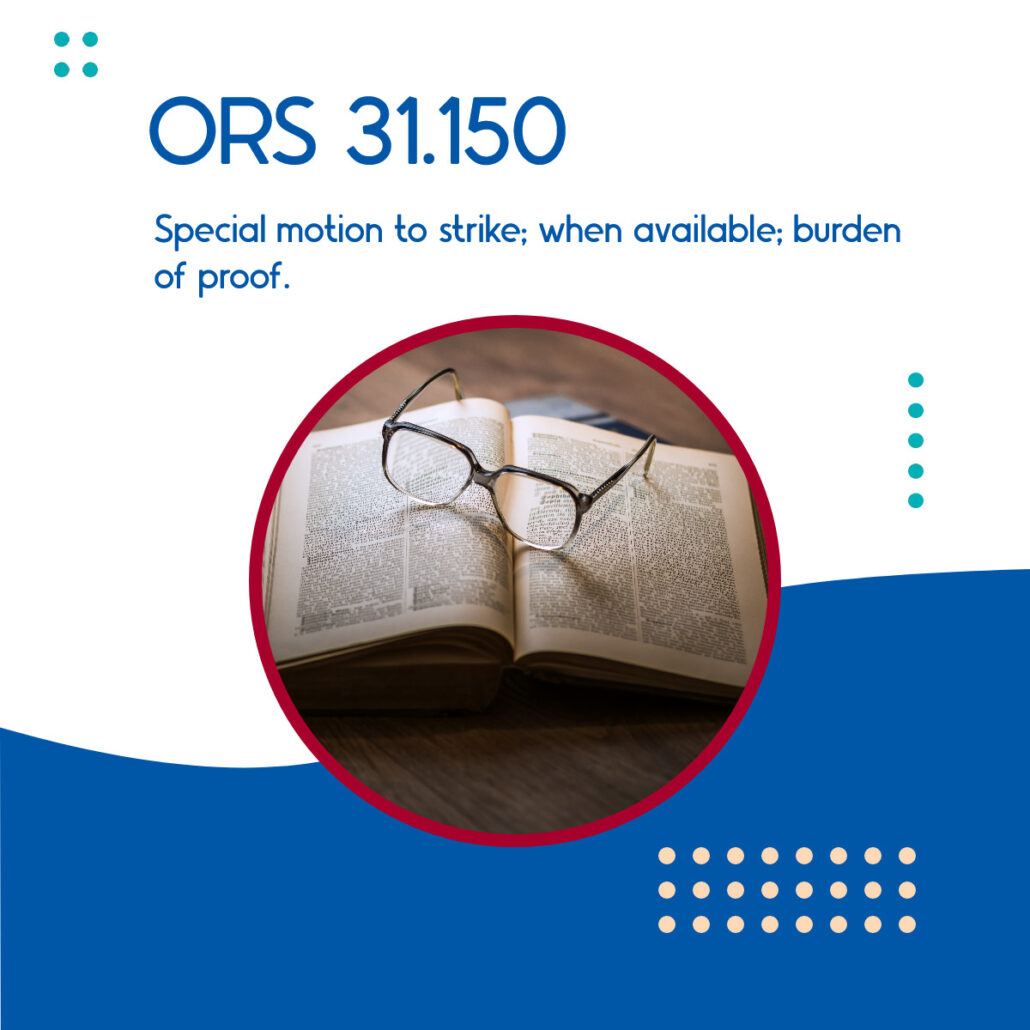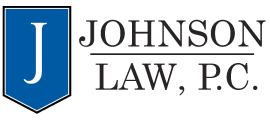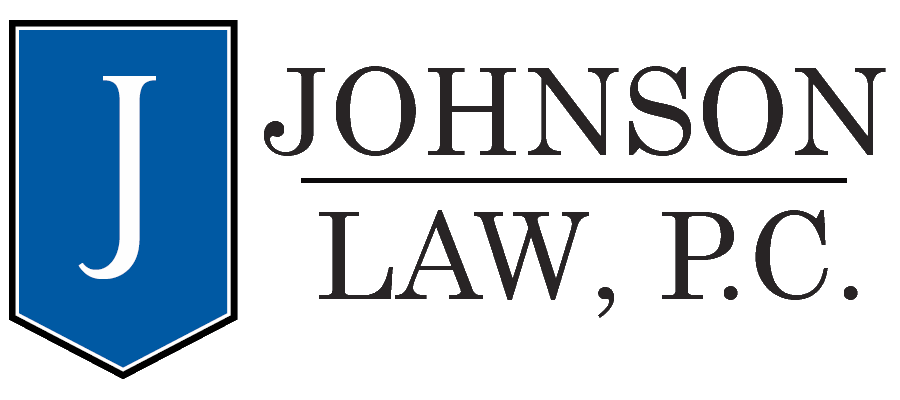ORS 31.150 Summary And Explanation
Disclaimer: This is not legal advice, we are not your attorneys. To hire an attorney and get legal advice please contact us for a free personal injury consultation.
What is ORS 31.150?
ORS 31.150 is the Oregon Revised statute encoding a legal procedure for defendants in Oregon to quickly get certain claims dismissed based on free speech and petition rights.

Under ORS 31.150, claims that can be struck fall into four main categories:
1. Statements or documents made in official proceedings:
- This includes statements made in court, government hearings, legislative sessions, and other official proceedings authorized by law.
- Documents submitted as part of these proceedings, such as affidavits, briefs, or reports, can also be struck.
2. Statements or documents related to public issues in public forums:
- This covers statements made in public forums like town halls, public meetings, or online platforms discussing public issues.
- Documents presented in these forums, such as petitions, flyers, or letters to the editor, can also be struck.
3. Actions taken in support of free speech or petition rights:
- This includes actions like attending protests, signing petitions, or circulating flyers about public issues.
- Indirect actions like donating to advocacy groups or boycotting businesses can also be considered under this category.
4. Any other conduct in furtherance of these rights:
- This is a broad category that can encompass any action reasonably connected to exercising free speech or petition rights regarding public issues.
- For example, wearing a political t-shirt or sharing an opinion on social media could fall under this category.
Important points to remember:
- The defendant must demonstrate that the claim likely arose from one of these categories.
- The plaintiff then has the opportunity to show they can still win the case despite the protected speech or petition issue.
- ORS 31.150 doesn't protect all speech and conduct. False statements, incitement to violence, or commercial speech may not be protected.
- Consulting with an attorney is crucial for determining whether a specific claim can be struck under ORS 31.150.
How Does ORS 31.150 Work?
How does ORS 31.150 work in practice? Think of it as a shield for defendants facing lawsuits based on their right to speak up on public issues.
How it works:
- Defendant files a motion to strike: If the defendant believes the claim falls under the above categories, they can file a motion asking the judge to dismiss it.
- Defendant proves connection: The defendant must first show the claim likely arose from protected speech or petition activities.
- Plaintiff proves likely success: If the defendant shows the connection, the plaintiff has the chance to prove they will likely win the case despite the free speech/petition issue.
- Judge decides: If the plaintiff proves likely success, the motion is denied. If not, the claim is dismissed without prejudice (meaning the plaintiff can try again with a different approach).
Key points:
- Fast and efficient: This procedure allows defendants to avoid lengthy and expensive trials in cases where the plaintiff's claim hinges on protected speech or petition activities.
- Protects free speech: ORS 31.150 safeguards the right to express opinions and participate in public discourse without fear of lawsuits.
- Burden of proof shifts: The defendant starts by showing the claim likely involves protected activity, then the plaintiff needs to prove they can still win despite this.
- Discovery pause: Once the motion is filed, all information gathering (discovery) is automatically stopped until the judge decides.
- Costs and fees: The winning party (defendant or plaintiff) may be awarded attorney fees, depending on the circumstances.
Examples:
- A protester's speech criticizing a city council proposal might be protected under ORS 31.150, leading to a successful motion to strike a defamation claim against them.
- An online petition against a new government regulation could be protected, while a petition containing false information might not.
- A satirical news article about a politician could be protected, while a defamatory article might not.
ORS 31.150 Limitations and exceptions:
In order to properly use 31.150 in your case you need to know when this legal maneuver's limitations and exceptions.
- ORS 31.150 doesn't shield all speech and petition activities. False statements, incitement to violence, or commercial speech may not be protected.
- The statute applies to claims arising from public issues or issues of public interest. Personal attacks or private matters might not qualify.
Remember: This is a simplified explanation and doesn't cover all the legal nuances of ORS 31.150. If you have a specific legal question, please consult with an attorney.
ORS 31.150 Text
31.150 Special motion to strike; when available; burden of proof.
(1) A defendant may make a special motion to strike against a claim in a civil action described in subsection (2) of this section. The court shall grant the motion unless the plaintiff establishes in the manner provided by subsection (3) of this section that there is a probability that the plaintiff will prevail on the claim. The special motion to strike shall be treated as a motion to dismiss under ORCP 21 A but shall not be subject to ORCP 21 F. Upon granting the special motion to strike, the court shall enter a judgment of dismissal without prejudice. If the court denies a special motion to strike, the court shall enter a limited judgment denying the motion.
(2) A special motion to strike may be made under this section against any claim in a civil action that arises out of:
(a) Any oral statement made, or written statement or other document submitted, in a legislative, executive or judicial proceeding or other proceeding authorized by law;
(b) Any oral statement made, or written statement or other document submitted, in connection with an issue under consideration or review by a legislative, executive or judicial body or other proceeding authorized by law;
(c) Any oral statement made, or written statement or other document presented, in a place open to the public or a public forum in connection with an issue of public interest; or
(d) Any other conduct in furtherance of the exercise of the constitutional right of petition or the constitutional right of free speech in connection with a public issue or an issue of public interest.
(3) A defendant making a special motion to strike under the provisions of this section has the initial burden of making a prima facie showing that the claim against which the motion is made arises out of a statement, document or conduct described in subsection (2) of this section. If the defendant meets this burden, the burden shifts to the plaintiff in the action to establish that there is a probability that the plaintiff will prevail on the claim by presenting substantial evidence to support a prima facie case. If the plaintiff meets this burden, the court shall deny the motion.
(4) In making a determination under subsection (1) of this section, the court shall consider pleadings and supporting and opposing affidavits stating the facts upon which the liability or defense is based.
(5) If the court determines that the plaintiff has established a probability that the plaintiff will prevail on the claim:
(a) The fact that the determination has been made and the substance of the determination may not be admitted in evidence at any later stage of the case; and
(b) The determination does not affect the burden of proof or standard of proof that is applied in the proceeding. [Formerly 30.142; 2009 c.449 §1]
ORS 31.150 - https://www.oregonlegislature.gov/bills_laws/ors/ors031.html
ORS 31.XXX
This post is part of our series of posts on ORS chapter 31 in general. We have more information available about ORS chapter 31 in addition to detailed dives into other sections of the chapter.
We will review your case for free.
Pay us nothing unless we get you a better settlement.
We work on contingency.

